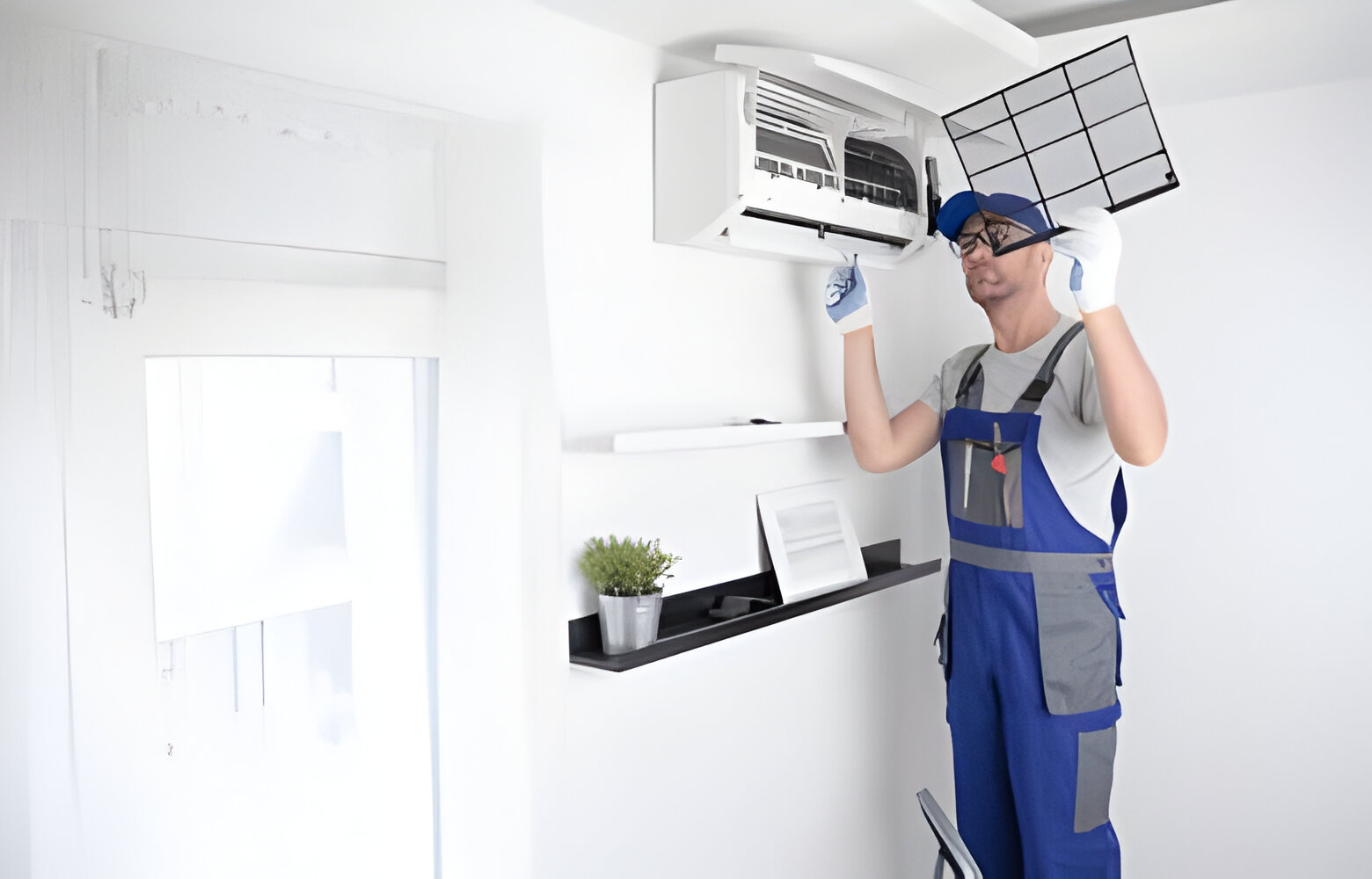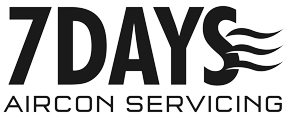
Maintaining your air conditioning system is not only vital for ensuring optimal performance, energy efficiency, and longevity but also for preserving indoor air quality and ensuring the comfort and well-being of occupants. Yet, despite its significance, many homeowners often overlook the importance of regular maintenance or may not fully grasp the dos and don’ts of aircon maintenance. As a result, they may inadvertently neglect their systems, leading to decreased performance, higher energy bills, and potentially costly repairs down the line. In this comprehensive guide, AirconServicing.org aims to shed light on the essential aspects of aircon maintenance, providing homeowners with the knowledge and tools they need to keep their systems running smoothly for years to come.
Regular maintenance is the cornerstone of aircon care, as it helps to identify and address issues before they escalate into more significant problems. By adhering to a routine maintenance schedule, homeowners can ensure that their aircon systems operate at peak efficiency, delivering optimal cooling performance while minimizing energy consumption. Moreover, regular maintenance can help to extend the lifespan of the system, reducing the need for premature replacements and saving homeowners money in the long run.
One of the primary objectives of aircon maintenance is to preserve indoor air quality by removing dust, dirt, allergens, and other contaminants from the system. Over time, these particles can accumulate within the aircon unit, circulating throughout the indoor space and compromising air quality. By cleaning or replacing air filters regularly, homeowners can prevent the buildup of contaminants and ensure that their indoor environment remains clean and healthy. Additionally, regular maintenance can help to prevent mold and mildew growth, which can thrive in damp, dark environments such as aircon units.
In addition to maintaining indoor air quality, regular aircon maintenance is essential for optimizing energy efficiency. A well-maintained air conditioning system operates more efficiently, consuming less energy to cool the indoor space. This not only reduces energy bills but also helps to minimize the environmental impact associated with energy consumption. By cleaning coils, checking refrigerant levels, and ensuring proper airflow, homeowners can maximize the efficiency of their aircon systems and reduce their carbon footprint.
Furthermore, regular maintenance can help to identify and address potential issues early on, before they escalate into more significant problems. During a routine maintenance inspection, a qualified technician can assess the condition of the aircon system, identify any worn or damaged components, and recommend appropriate repairs or replacements. By addressing these issues promptly, homeowners can prevent costly breakdowns and prolong the lifespan of their aircon systems.
**1. A: Air Filters**
*Do:* Regularly clean or replace air filters every 1-3 months to ensure proper airflow and prevent dust and debris from entering the system.
*Don’t:* Neglect air filter maintenance, as clogged filters can restrict airflow, reduce efficiency, and lead to costly repairs.
**2. B: Condenser Coils**
*Do:* Keep condenser coils clean and free from dirt and debris to maintain proper heat transfer and cooling efficiency.
*Don’t:* Use high-pressure water or harsh chemicals to clean condenser coils, as this can damage the fins and coil tubing.
**3. C: Condensate Drain**
*Do:* Regularly inspect and clean the condensate drain to prevent clogs and water leakage, which can cause water damage and mold growth.
*Don’t:* Neglect condensate drain maintenance, as clogs can lead to water backup and damage to your aircon system.
**4. D: Ductwork**
*Do:* Ensure that ductwork is properly sealed and insulated to minimize air leaks and maximize energy efficiency.
*Don’t:* Block or obstruct airflow by closing too many vents or placing furniture or objects near air supply and return vents.
**5. E: Evaporator Coils**
*Do:* Check evaporator coils regularly for dirt and buildup and clean them as needed to maintain efficient heat transfer.
*Don’t:* Use abrasive materials or harsh chemicals to clean evaporator coils, as this can damage the coil’s surface and reduce efficiency.
**6. F: Fan Blades**
*Do:* Inspect fan blades for damage or debris buildup and clean or replace them as needed to ensure proper airflow.
*Don’t:* Attempt to straighten bent fan blades or operate the aircon with damaged blades, as this can cause further damage to the system.
**7. G: Gas Levels**
*Do:* Monitor refrigerant levels regularly and schedule professional aircon servicing to check for leaks and top up refrigerant as needed.
*Don’t:* Attempt to top up refrigerant yourself or ignore signs of low refrigerant levels, as this can cause compressor damage and system failure.
**8. H: Humidity Control**
*Do:* Use a dehumidifier or set your aircon to the appropriate humidity level to maintain indoor comfort and prevent mold and mildew growth.
*Don’t:* Overlook humidity control, as excessive moisture can lead to indoor air quality issues and damage to furnishings and electronics.
**9. I: Insulation**
*Do:* Ensure that your home or building is properly insulated to minimize heat gain and loss and maximize energy efficiency.
*Don’t:* Neglect insulation, as poor insulation can result in higher energy bills and strain on your aircon system.
**10. J: Joints and Seals**
*Do:* Check for leaks or gaps around aircon unit joints and seals and seal them with weatherstripping or caulking to prevent air leaks.
*Don’t:* Ignore leaks or gaps, as they can result in energy loss and reduce the efficiency of your aircon system.
**Conclusion**
Maintaining your air conditioning system doesn’t have to be complicated, but it does require attention to detail and regular upkeep. By following the ABCs of aircon maintenance outlined above, you can ensure that your system operates efficiently, effectively, and reliably for years to come.
**FAQs**
**1. How often should I service my air conditioner?**
It is recommended to service your air conditioner at least once a year to ensure optimal performance and efficiency. In Singapore, where the climate is hot and humid, more frequent servicing may be beneficial.
**2. Can I perform DIY aircon servicing in Singapore?**
While some maintenance tasks can be performed DIY, such as cleaning air filters and removing debris from the outdoor unit, it is advisable to seek professional aircon servicing in Singapore for comprehensive inspections and repairs.
**3. How much does professional aircon servicing cost in Singapore?**
The cost of professional aircon servicing in Singapore varies depending on factors such as the number of units, the extent of cleaning required, and the service provider’s rates. On average, expect to pay anywhere from SGD 80 to SGD 200 or more per unit for professional cleaning services.
**4. Are there any health benefits to professional aircon servicing?**
Yes, professional aircon servicing helps improve indoor air quality by removing dust, dirt, allergens, and other contaminants from the system. This can benefit individuals with allergies, asthma, or other respiratory conditions by reducing exposure to airborne irritants.
**5. How long does professional aircon servicing take?**
The duration of professional aircon servicing depends on factors such as the size and complexity of the system, the extent of contamination, and the service provider’s efficiency. On average, cleaning a single aircon unit may take anywhere from 1 to 2 hours.
**6. Can professional aircon servicing help reduce energy consumption?**
Yes, professional aircon servicing helps improve energy efficiency by removing obstructions such as dirt and debris from air filters, coils, and fins. This allows the aircon system to operate more efficiently, consuming less energy to maintain the desired temperature.

